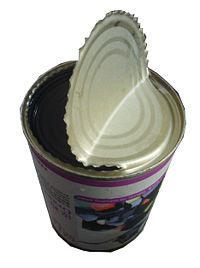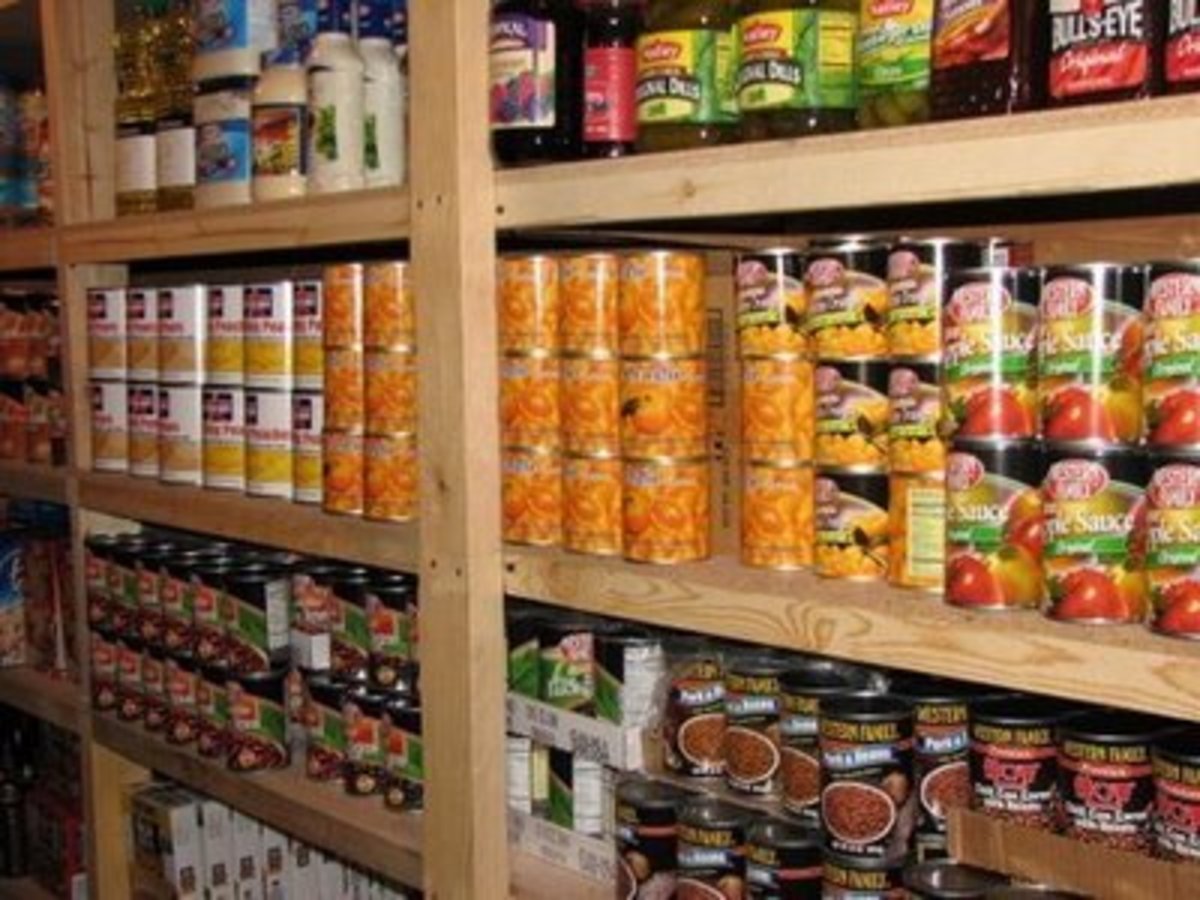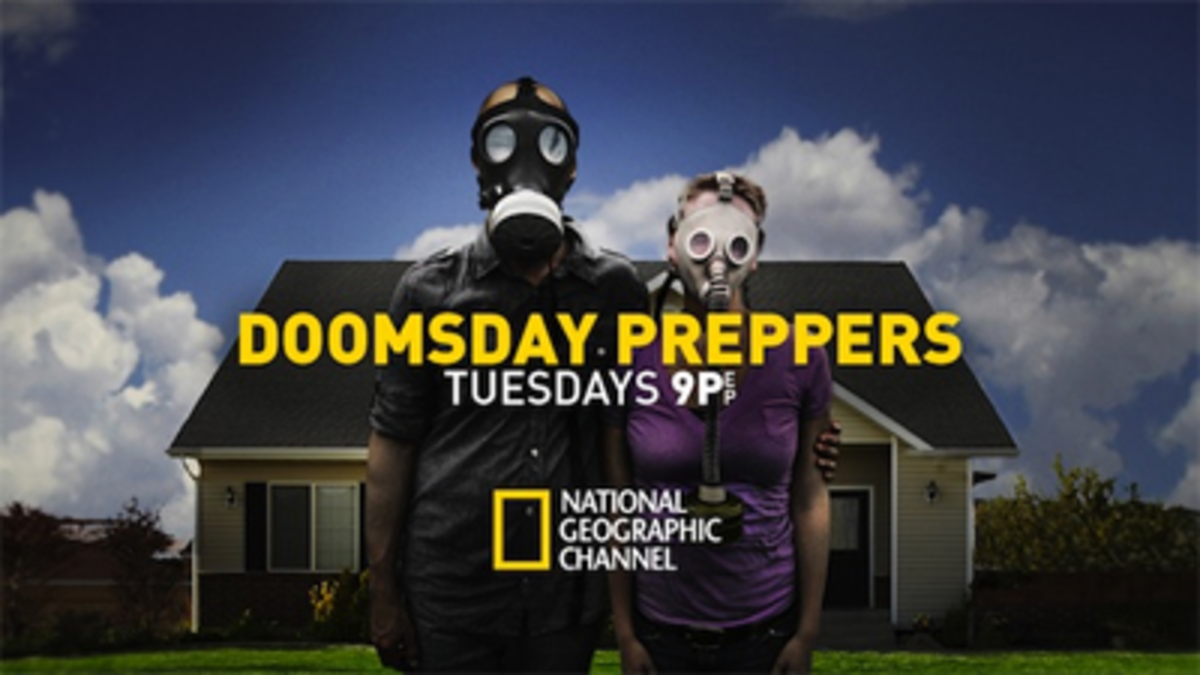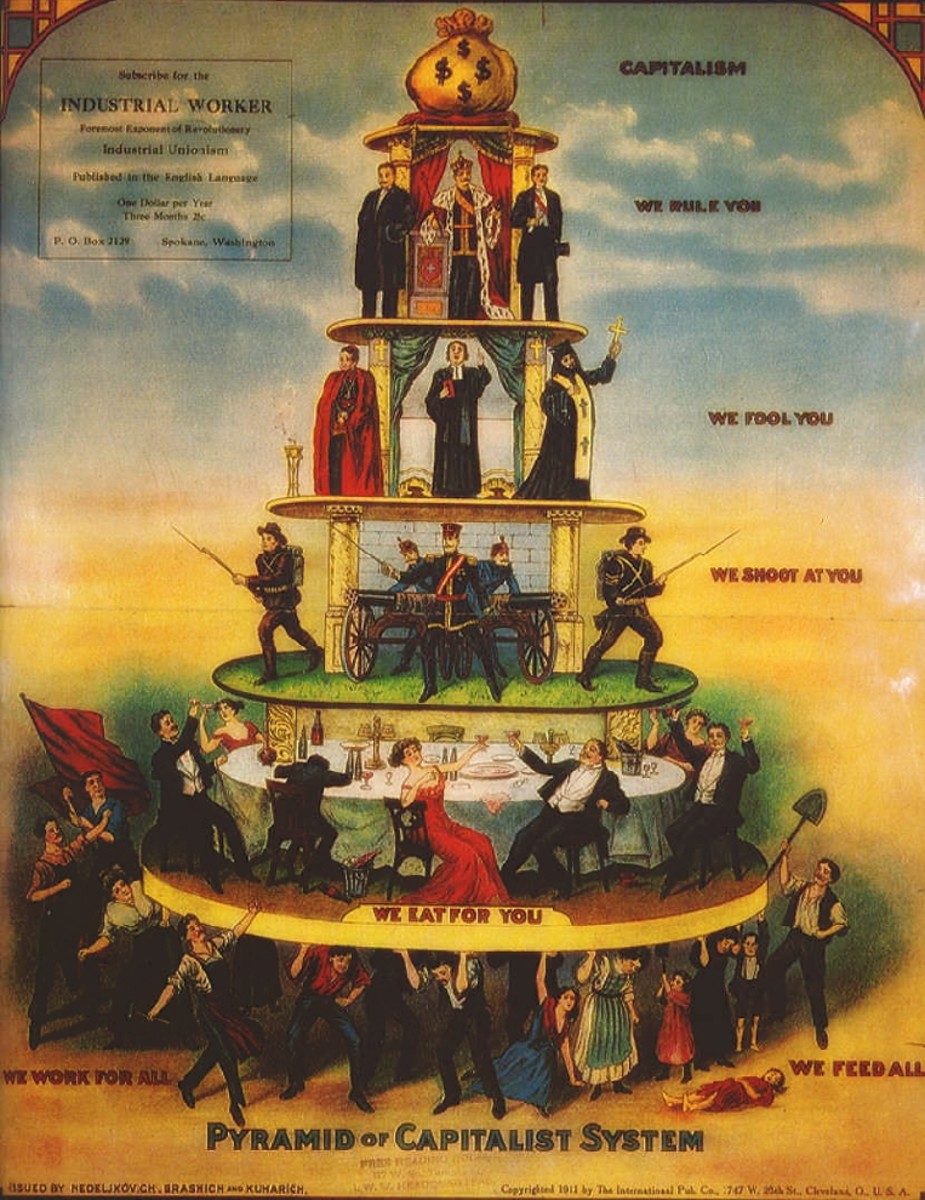Doomsday Prepping: Not Just For Conspiracy Theorists

If you haven’t heard of prepping, let me give you a short explanation of what prepping is.
Prepping is the act of preparing for events. The events that ‘Preppers’ get ready for are many and varied. Every Prepper has personal reasons for their type of prepping. There are just as many ways to ‘prep’ as there are Preppers. Common through all prepping types you will find information on storing food, water, and certain supplies.
On the ‘net you can find a wealth of information on how to prep, what to prep, and much of this information is great. In other instances the information shared is not so great – some can even be bad for your health. Certain information is so bad that when I say ‘bad for your health’ I mean –this stuff can kill you.
I love the idea of prepping
Stocking up on food and other things that my family would need in the event of an emergency appeals to me. Most people can see the good sense in preparing for an emergency. Personal disasters are just as important to prepare for as are natural disasters. A financial emergency can happen as quickly as an earthquake, tornado, or blizzard. Having enough to get you through is important and can mean the difference between living well with little money or making a trip to the local Social Services Department.
Needing help to get you through is nothing to be ashamed of, but if you could go longer without facing such a choice, it can boost your self-esteem which in turn can help you deal better in any crisis of a personal nature.
I have to admit, I get a kick out of reading sites that contain prepping information along with crazy conspiracy theories. Not long ago I watched Doomsday Preppers on the NatGeo channel with my husband. A lady spent her entire segment waxing poetic concerning government takeover. She didn’t say ‘if’ the government takes over, it was ‘when’. Description after description of what the government would do to us. It was enough to send me into a laughing fit. I guess she had forgotten that our troops are spread across the world, there isn’t enough troops to knock on every door in the US in order to herd us or take our homes.
Some conspiracy theorists are just a bit kooky while others are downright nutters. The real crazies make the rest of us look as bad as they do. That is because the nutjobs receive the most attention and have the loudest voices. (Typing in all caps really helps their stance, right?)
If you want to prep and you don’t want to look like a nut:
Don’t go into minute details of societal breakdown. Preparing can be explained simply – stocking up to save money, be safe and fed during a disaster, and because you care for your family. Please, please leave religion, government takeovers, and alien invasion out of it unless you’re fond of mental institutions. However, if you like the ‘crackpot’ label, speed on my friend, speed on.
I recently wrote on homesteading. Building a small homestead is a step towards prepping. So is stocking up on foods, first aid items, and even survival gear. Do you need to spend thousands of dollars on freeze-dried food and other pre-fabbed supplies? No! The only thing you are doing is lining the pockets of people that get rich off of panic. Prepping is not about panic – it is about creating an environment where you don’t need to ‘freak out’.
Before you begin prepping with more than food, determine the threat that is most likely to occur in your area. Work towards creating a safe haven for you or your family in the event that the most likely disaster occurs. FEMA recommends food and water that will last each member of your family at least three days. Preppers try to build up a supply of food and water that last much longer. As all good prepping information sites say – first in, first out. Rotate your saved goods. Replace what you take out of your supply and be wary of how long your saved food will last. I will be listing resources and information on how long each food will last in an upcoming article.
My personal preference for prepping is knowledge. A stockpile of food, water, and survival gear can be taken from you by people or disaster. Floods can wash away a home that has been prepped, fire can burn down the home, a bunker can be attacked (in one of those end of the world theories).
Your knowledge cannot be taken short of death or brain injury. If you learn to identify wild food, hunt, and make the things you need – you are ahead of any prepper that chooses to buy several years worth of supplies. Purchased supplies can be ruined and will eventually be depleted. A truly prepared person can make soap if they run out, can find fresh greens or berries, and doesn’t need to depend on MREs (meals ready to eat).
Get smart!
Depending on anything other than your own know-how for extended periods of time is just stupid. Build your knowledge bank and practice what you learn. Knowing how to do something is useless if you do not practice!
Another thing to avoid is stockpiling weapons. Owning weapons is not bad, but keeping a stockpile on your home premises is not smart from a legal standpoint. Hunting rifles, pistols, and bows are great. A bunker full of automatic and semi-automatic guns? That’s just asking to be carted away on suspicion of terrorism. Be smart with your weapon collection. Know how to use your weapons whether you have them for defense or hunting.
Don’t go overboard. Before any purchase you make towards prepping, ask yourself, “Do I really need this? Will I or my family use this? Can I make this myself?” – consider long term storage, moving if you may move, and how much you are willing to lose if you must leave behind your stockpile. Most stockpiles can be built on canned food from the grocery store, from your garden harvest, and from properly storing dehydrated foods you made yourself. Losing such a self-prepared stockpile in a disaster or break-in would hurt, but not nearly as much as a stockpile made from expensive freeze-dried rations bought online.
In conclusion, be wary of websites that talk about prepping in a way that sounds too good to be true or sends your ‘kook radar’ into overdrive. You can be a Prepper without needing a far-out reason. Use common sense (is any of that left?) and leave the loons behind.








